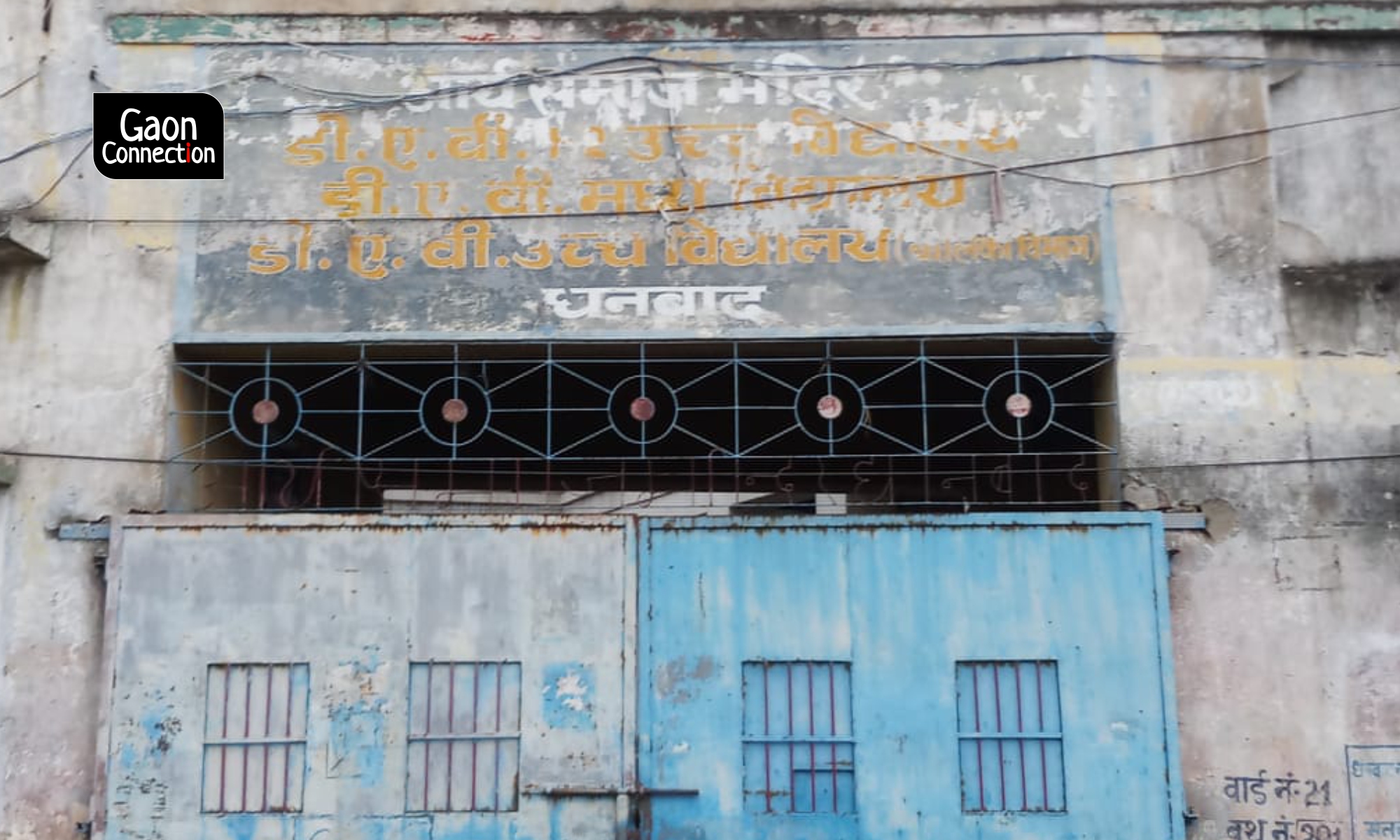In Jharkhand, about 400 teachers appointed in the state’s minority schools, have not received salaries since the time they were appointed. Six years ago.
Kirti Kumari (name changed) of Dhanbad is one such teacher. “For the past six years, I have not received any salary. At first, we spent a few years in waiting and hoping for the salaries to be cleared. When we didn’t get anything even after pleading to the government, I began giving tuition to other children. That has stopped too now due to the lockdown,” she told Gaon Connection.
Jharkhand Minority and Government Aided Primary School Teachers Association told Gaon Connection that there are 847 such government-aided schools in the state with a total of 4,036 teachers. The number of students studying is reported to be 2,09,423. These schools have classes I to VIII.
“I was appointed in 2016,” informed Trisha Kumari (name changed), the teacher at DAV Middle School, Old Bazaar, Dhanbad. “I have not got a single rupee till today. My school has eight teachers to teach more than 500 students and none of them has got any salary. Almost everyone is doing private tuitions,” she said.
According to the Annual Status of Education Report (ASER) of Pratham, an organisation working for children’s education in Jharkhand, only 34 per cent of children up to Class V are able to read Class II lessons, while 70 per cent of students are not able to read Class III lessons. 56 per cent of the children up to Class VIII cannot do division. This is indicative of poor quality of instruction, besides other factors, in Jharkhand schools. A link between the poor quality of instruction and pending teacher remuneration cannot be ruled out.
Why are the teachers not getting paid?
These minority schools get salaries under the non-plan item of the state government. The bill (salary) first comes before the school management committee which approves and forwards it to the district education superintendent. The superintendent then sends it ahead to the director of primary education. It then reaches the finance department from where the salary is released. The process involving so many agencies delays the payment of salary by six months up to a year.
“Before 2005, the Bihar Treasury Code was in force. Under it, salaries came directly to individual teacher’s account,” Niranjan Kumar Shandilya, general secretary of the teachers’ association informed Gaon Connection. “Later, salaries were directed through the school management committee. Jharkhand Treasury code was reinstated in 2016. It was decided the salary would again be sent directly to the teacher’s account. But it was not implemented.”
“The government continues to identify the school management committee as the beneficiary and the money comes into its account. The teachers are saying they should be treated as beneficiaries and get money directly into their accounts,” he said.
The difficulties of these teachers do not end here. When everything is finalised and the matter reaches the director of primary education, some irregularity or the other, in either the teacher recruitment process or candidate eligibility, becomes the reason for objection. The fund is then withheld.
In this context, the Jharkhand High Court issued an order in 2017 stating that minority schools cannot be compelled to follow the reservation policy. Three teachers who had filed the petition also received their salaries following the order. But the question is whether all the teachers will have to move the High Court to get salaries. Education Minister Jagarnath Mahato seemed taken aback when Gaon Connection approached him on the matter. “All this is not to be discussed over the phone. You will need to come and see me, tell me the whole case and only then can I tell you something,” he said. On being informed about the matter, he quipped: “All of this will be looked into only after the lockdown is over.”



















